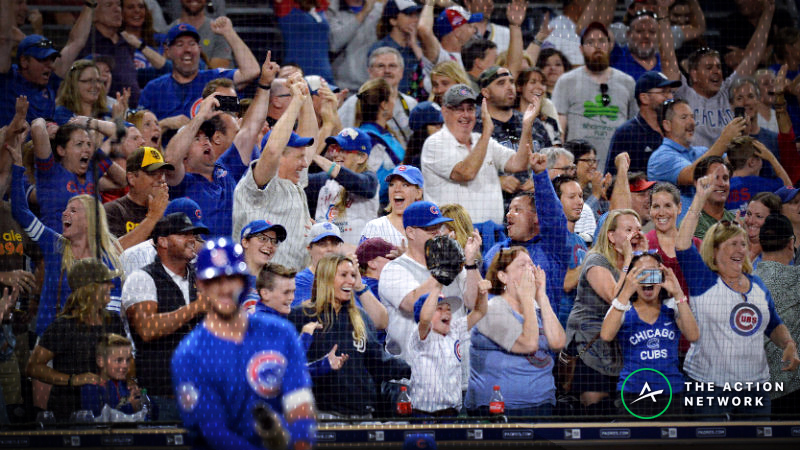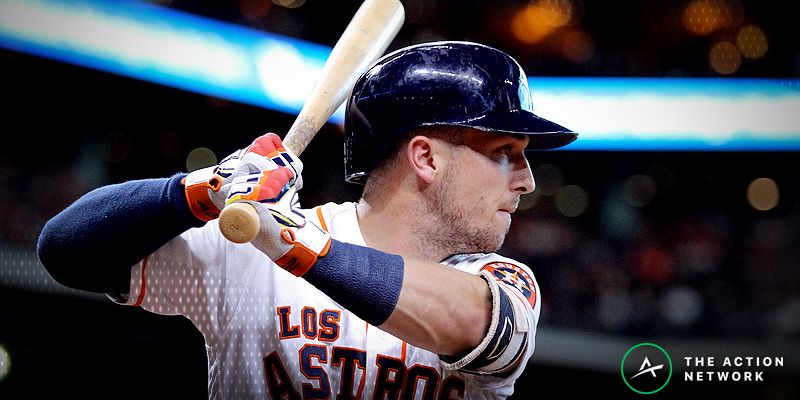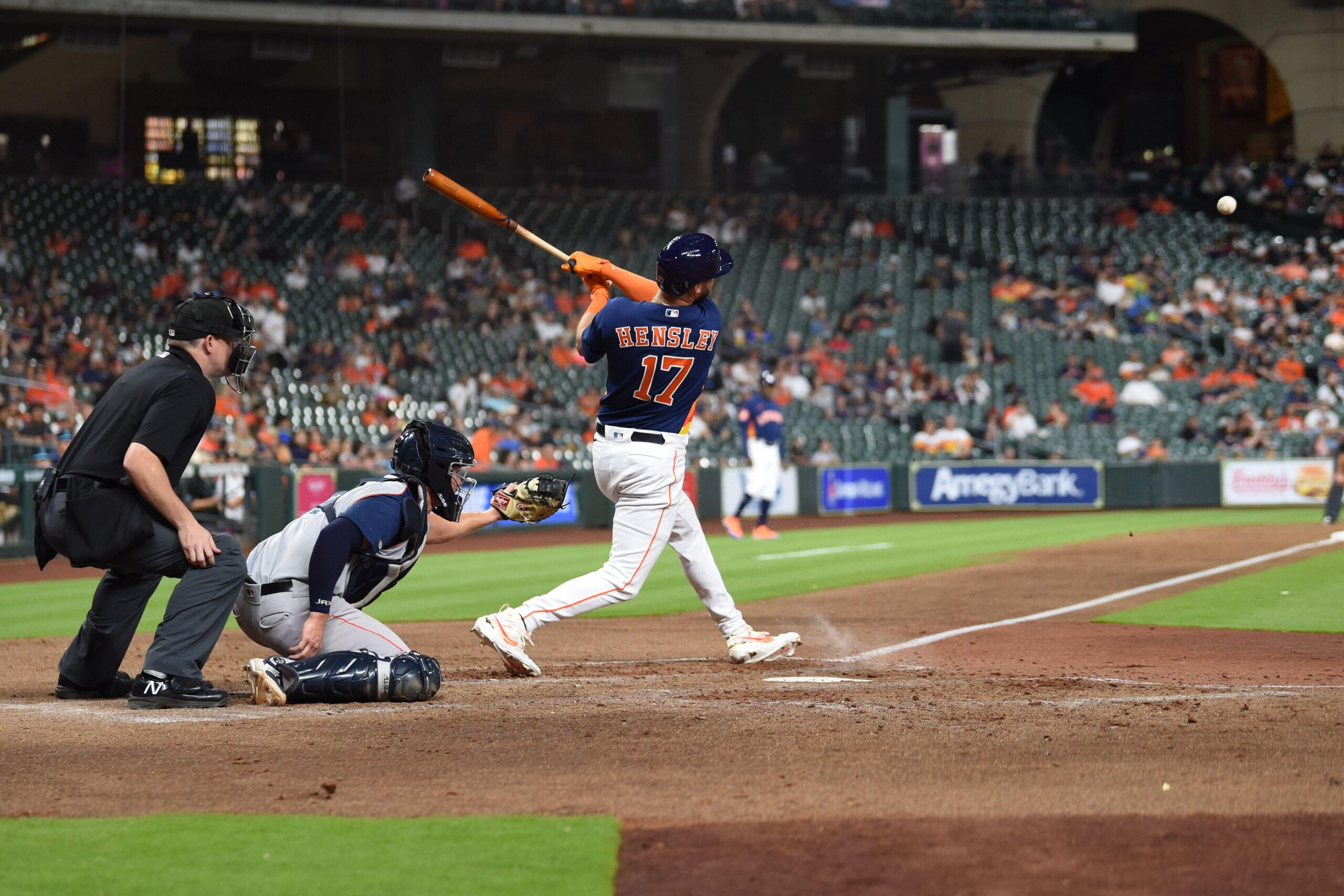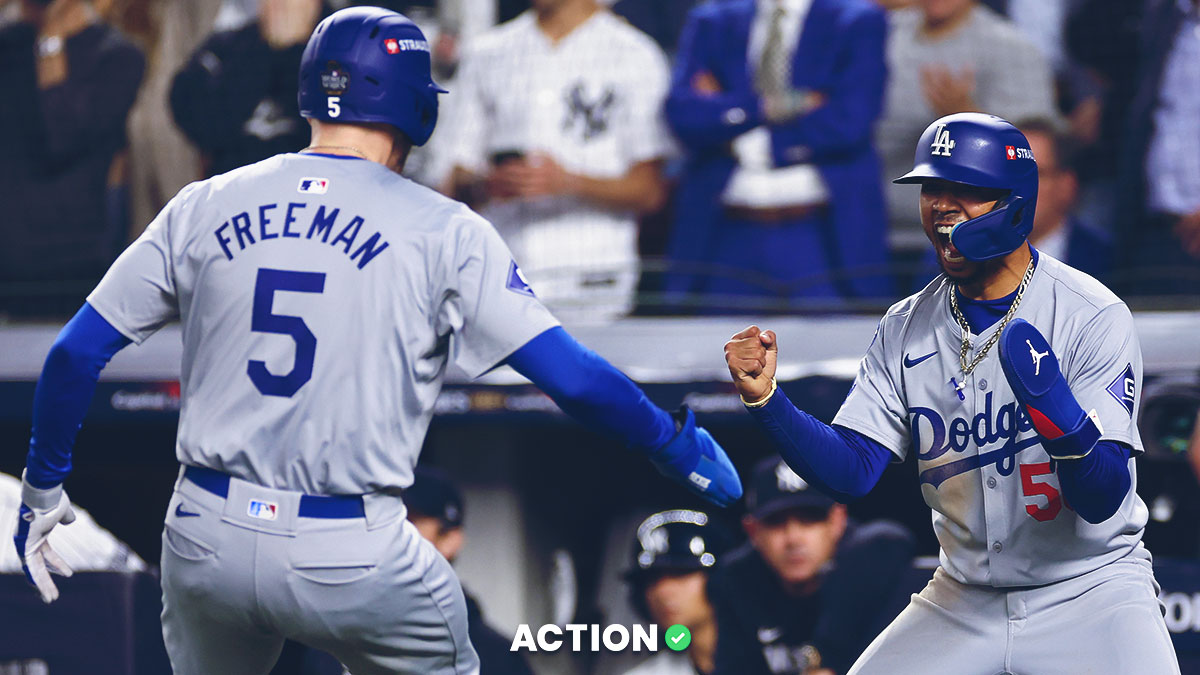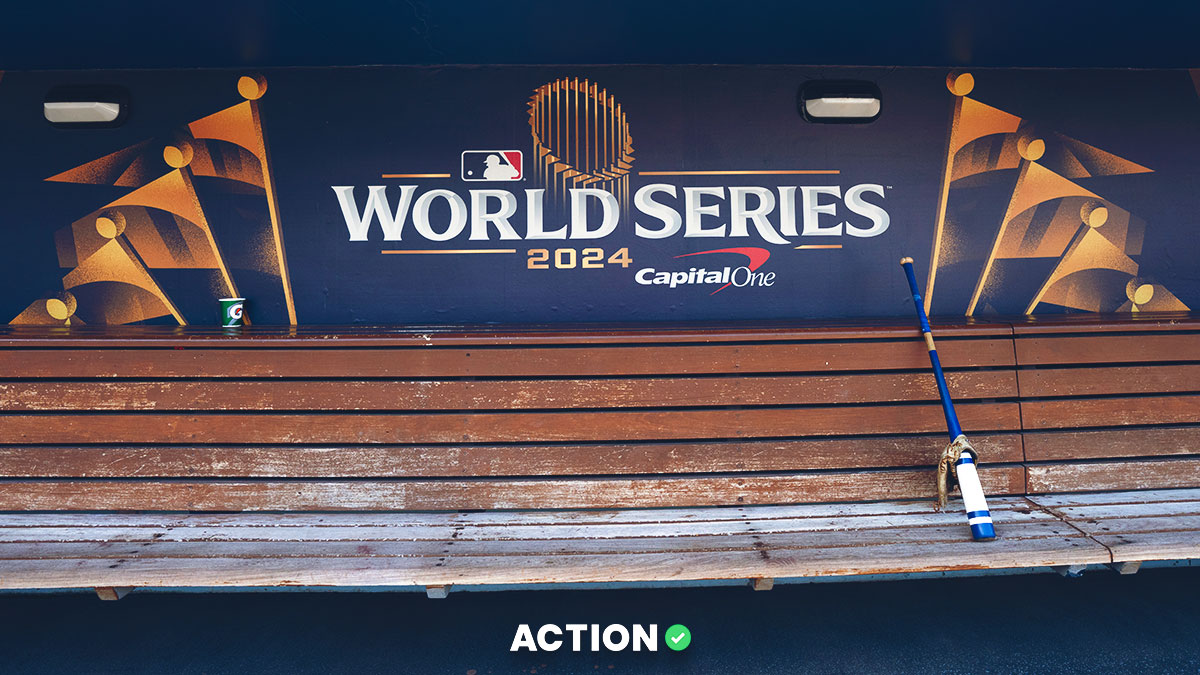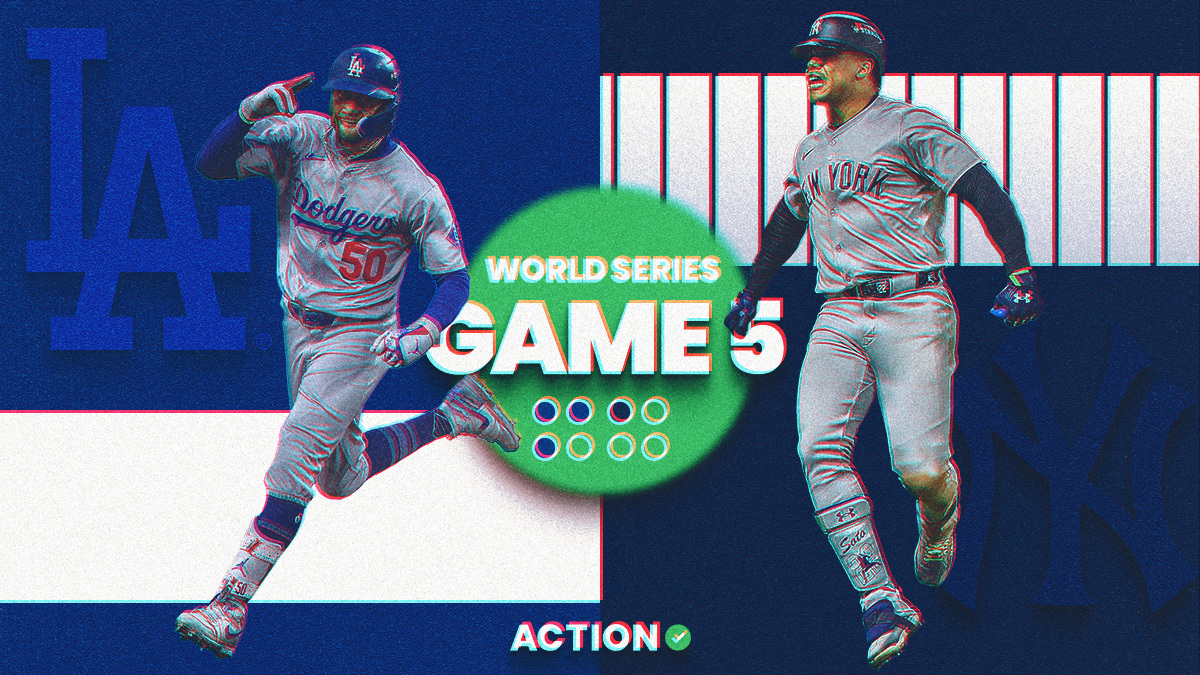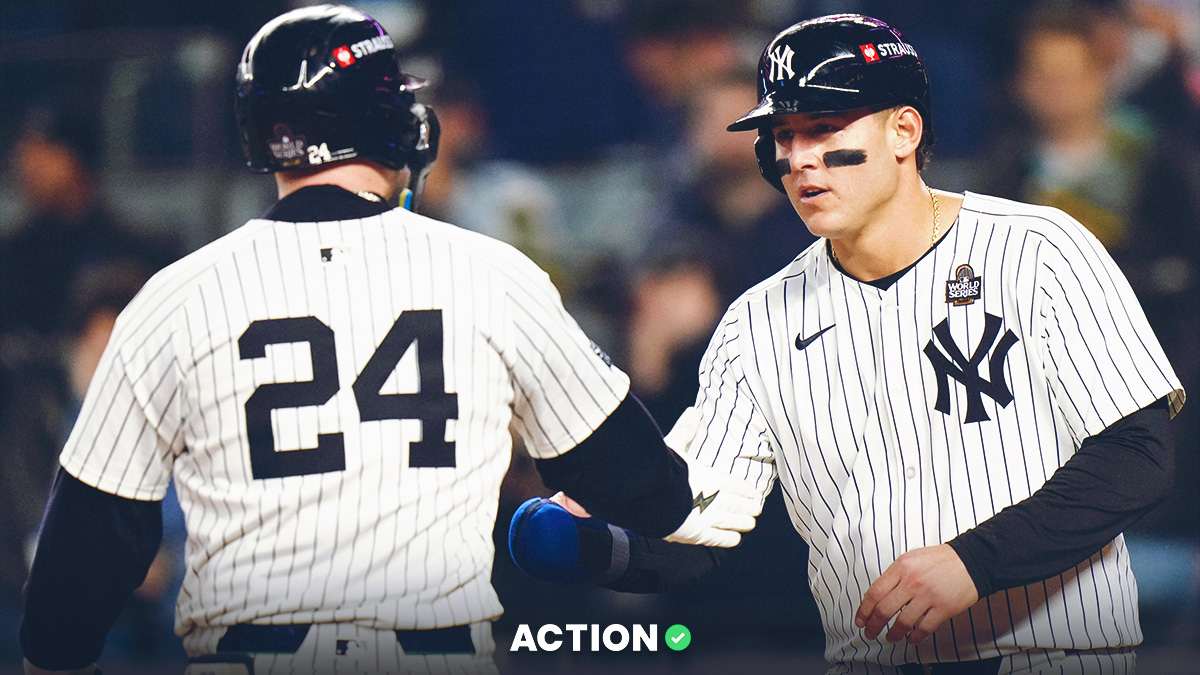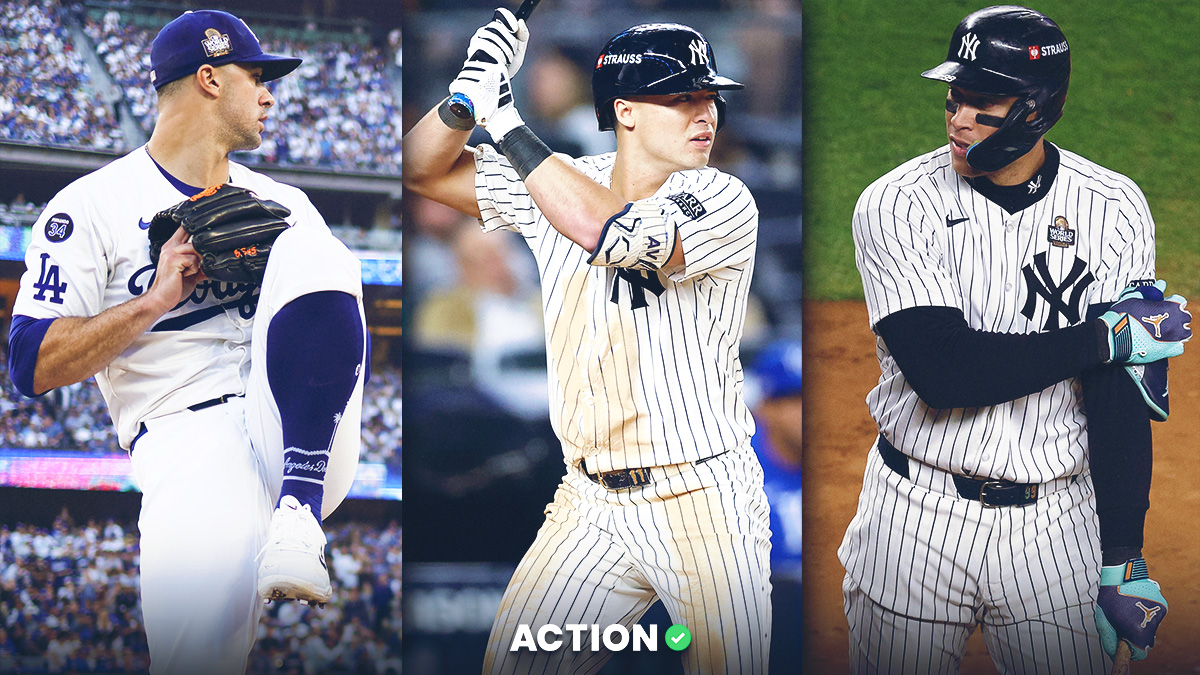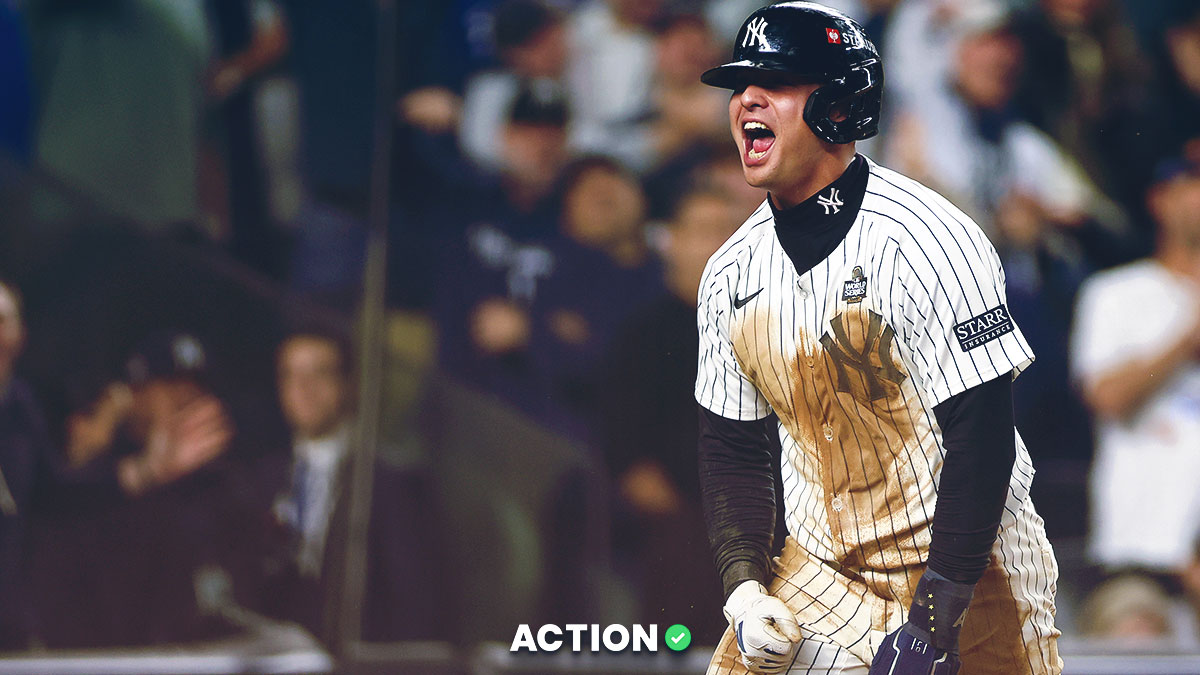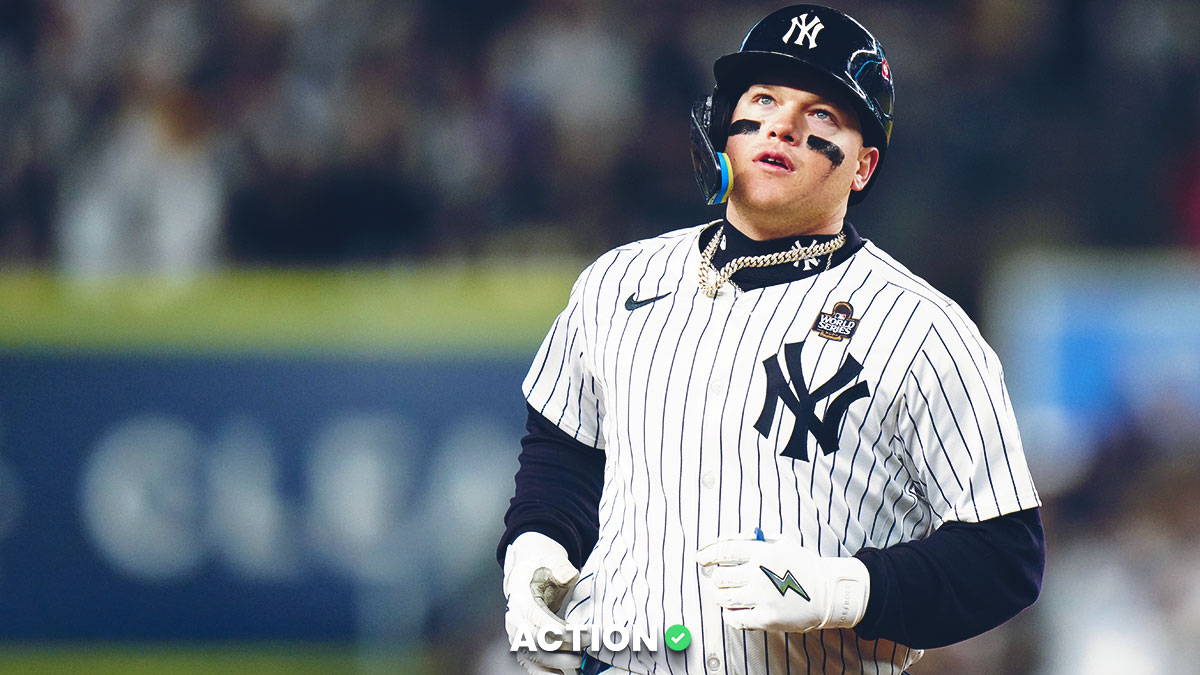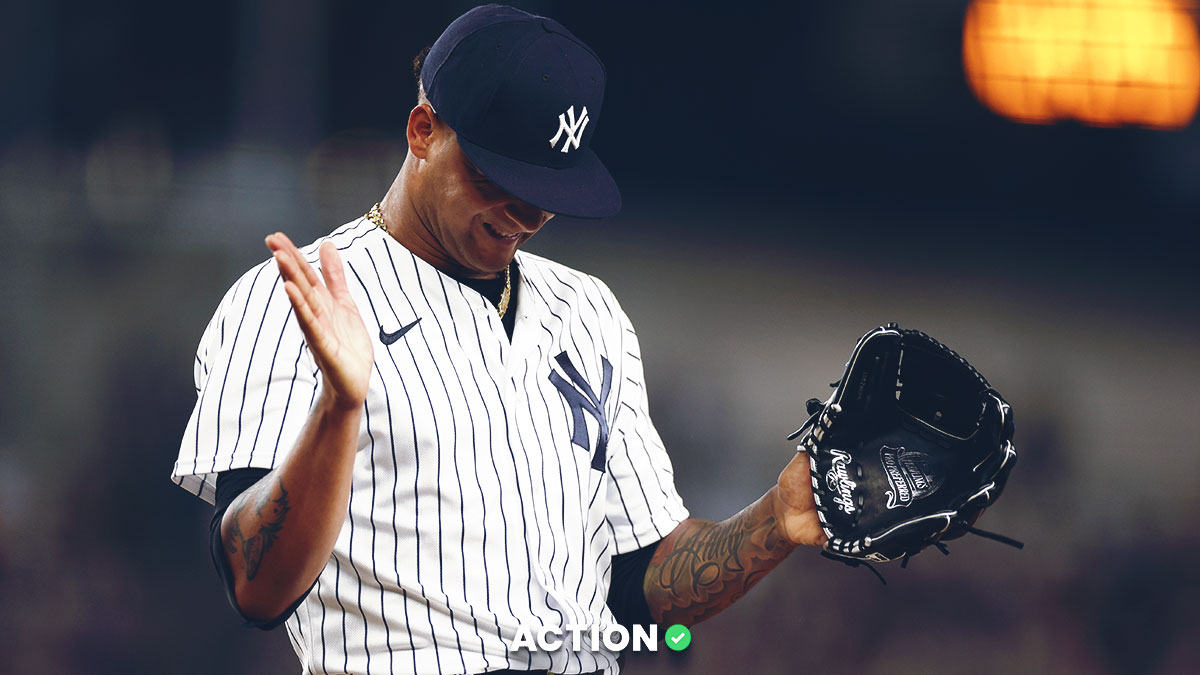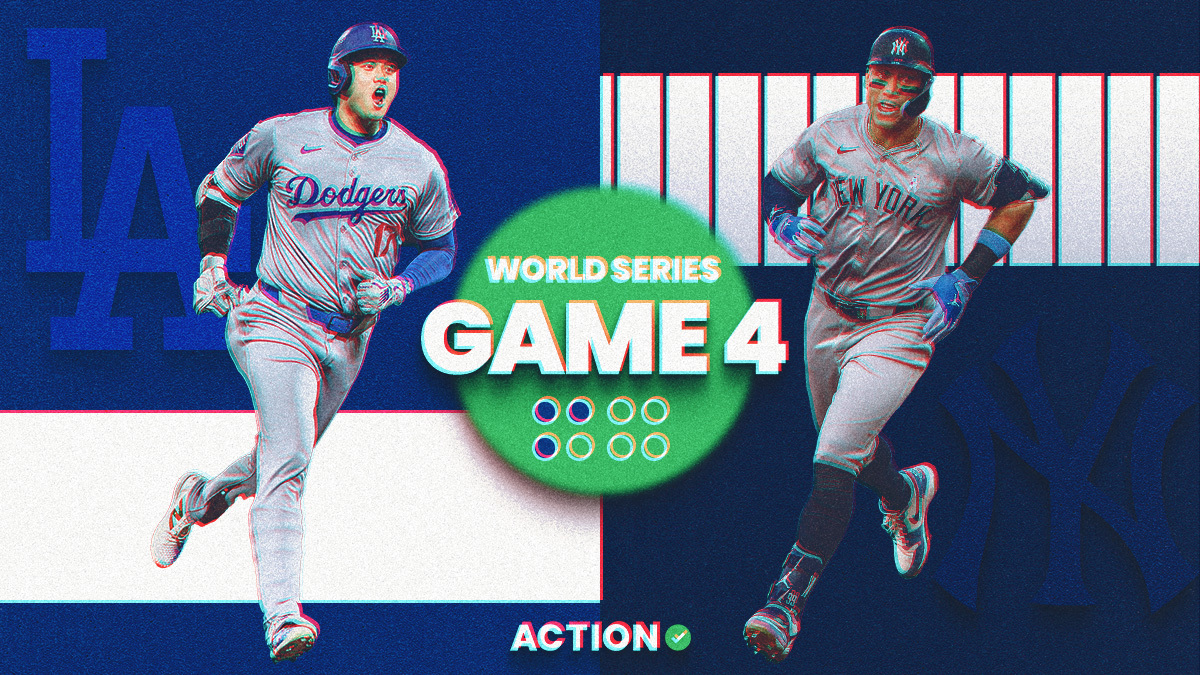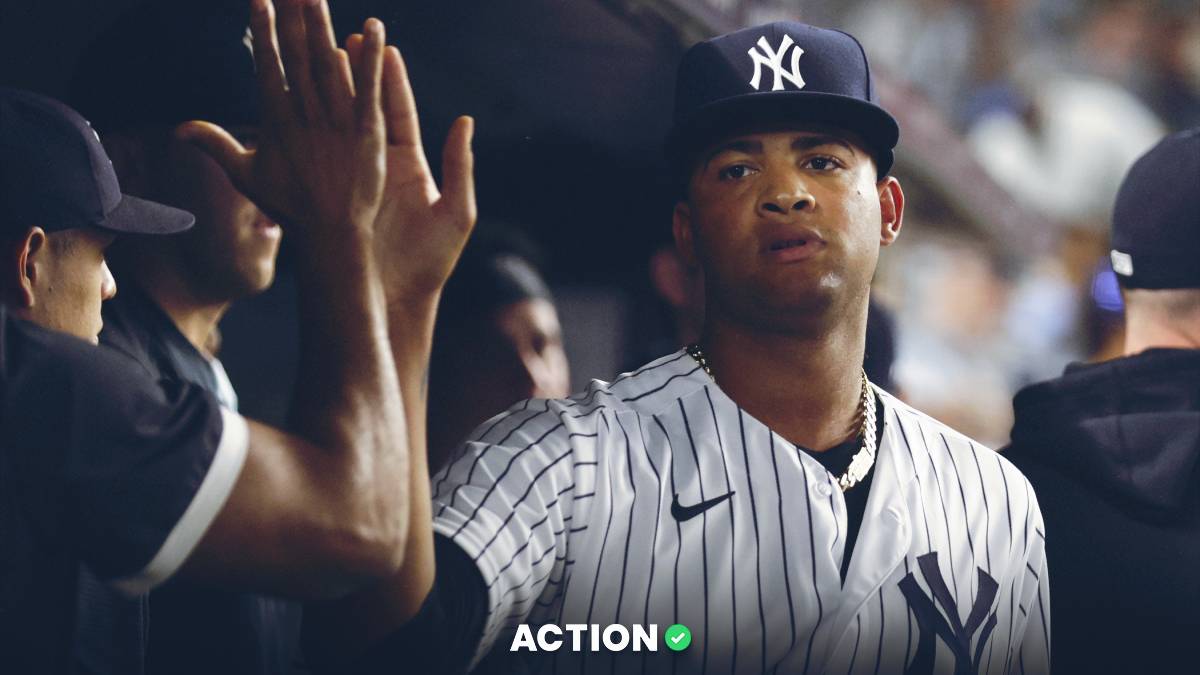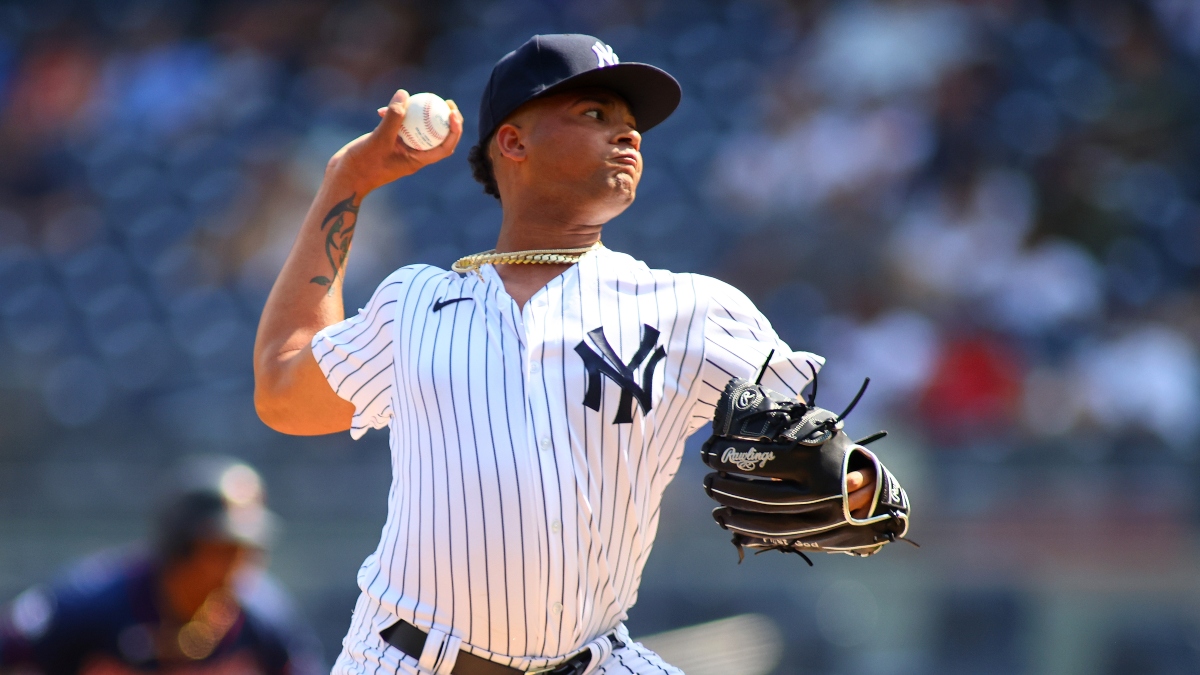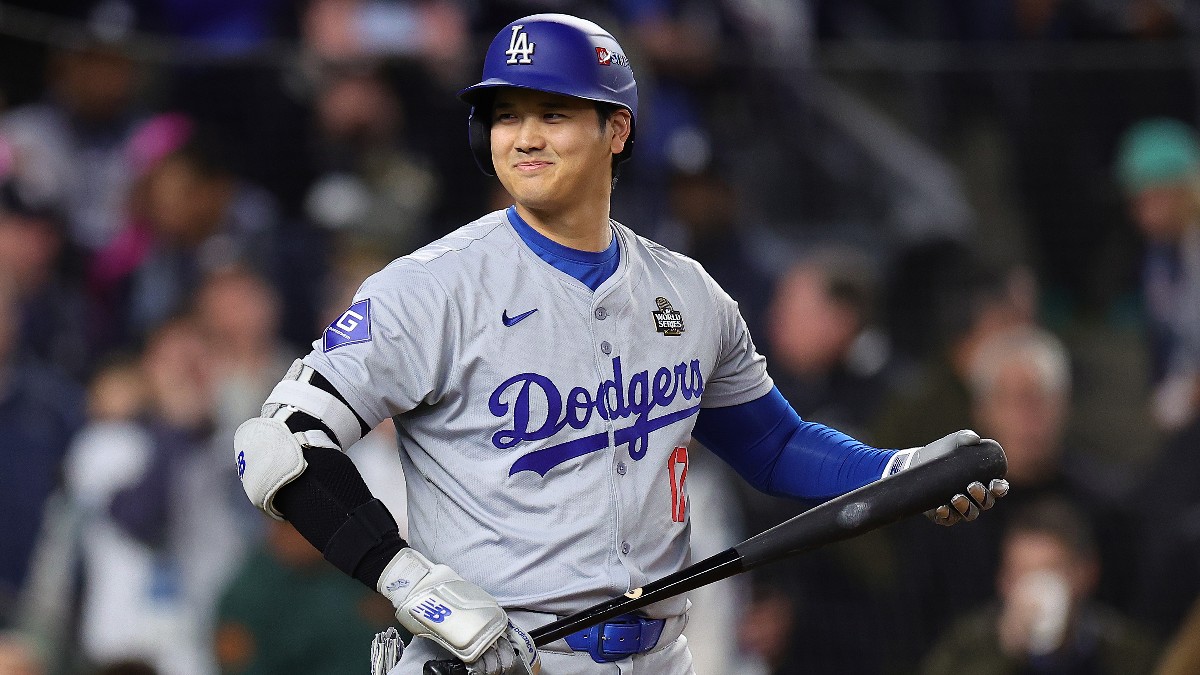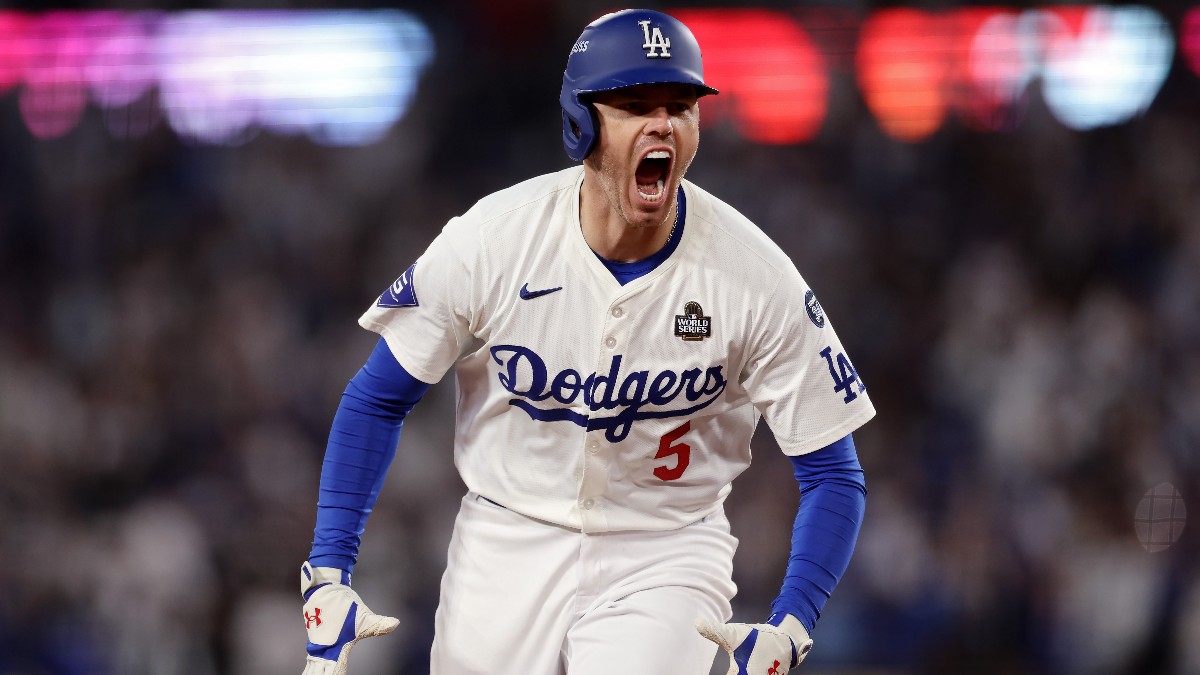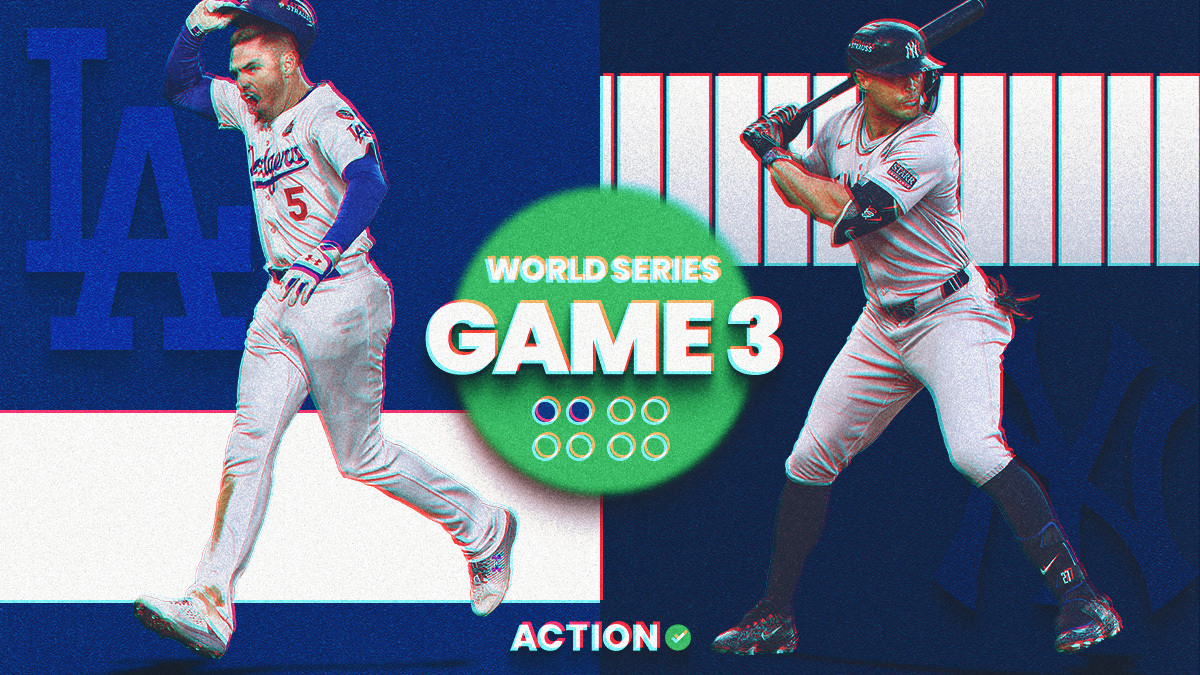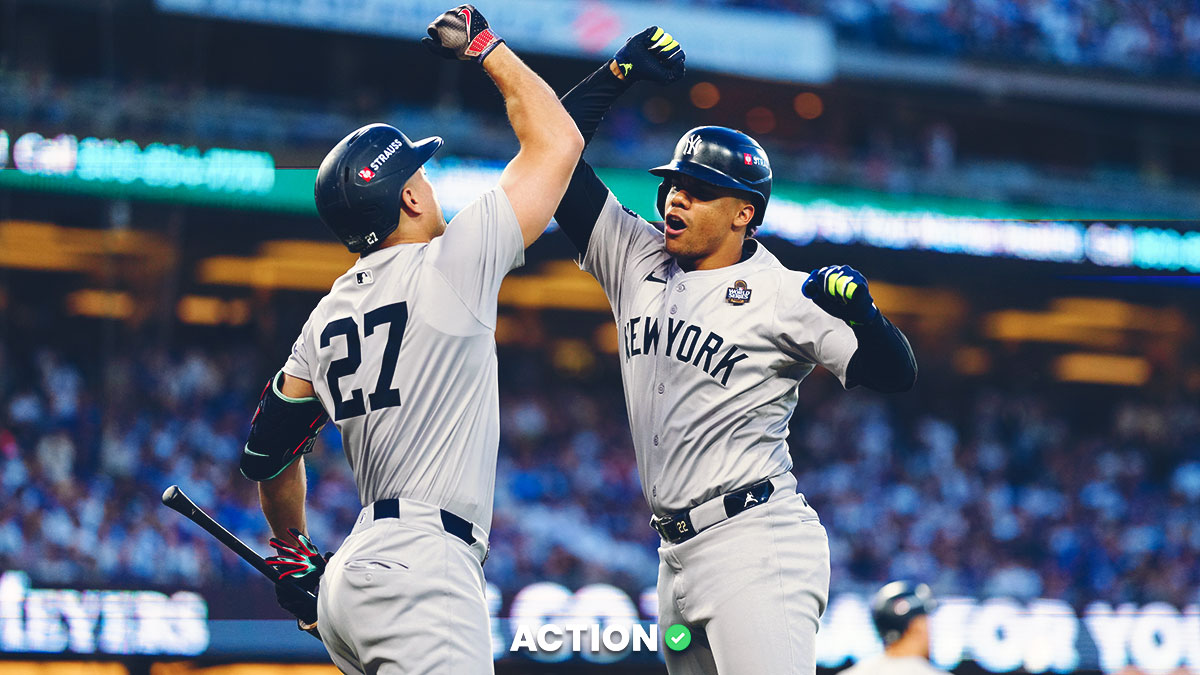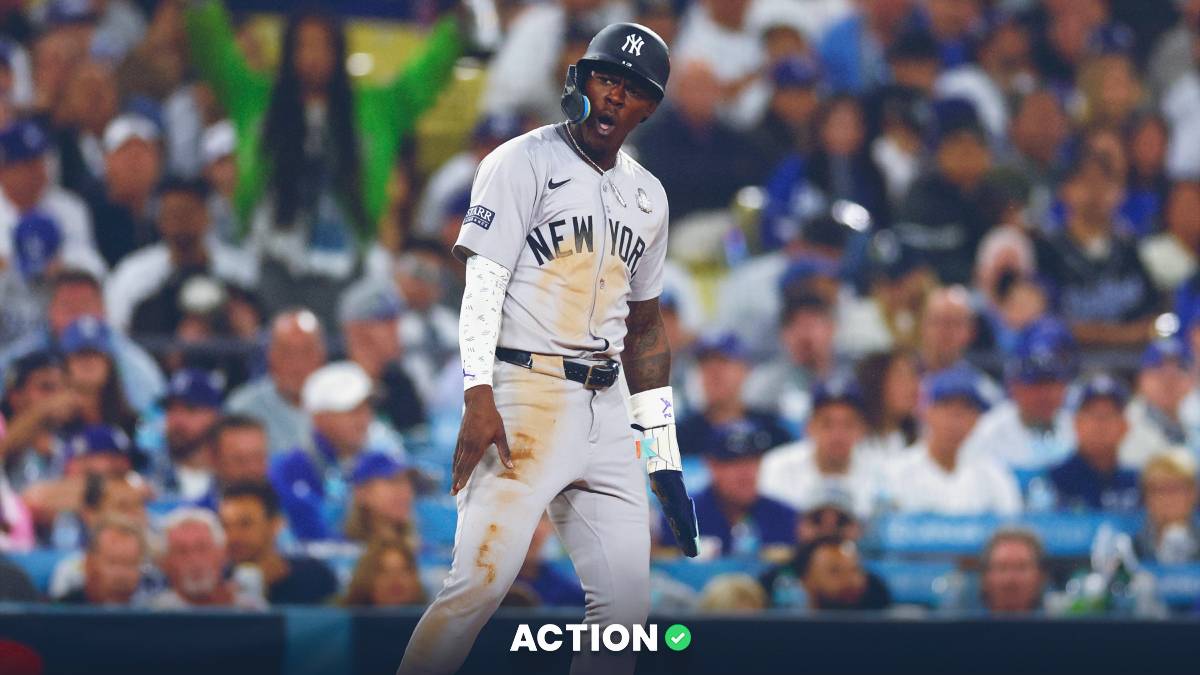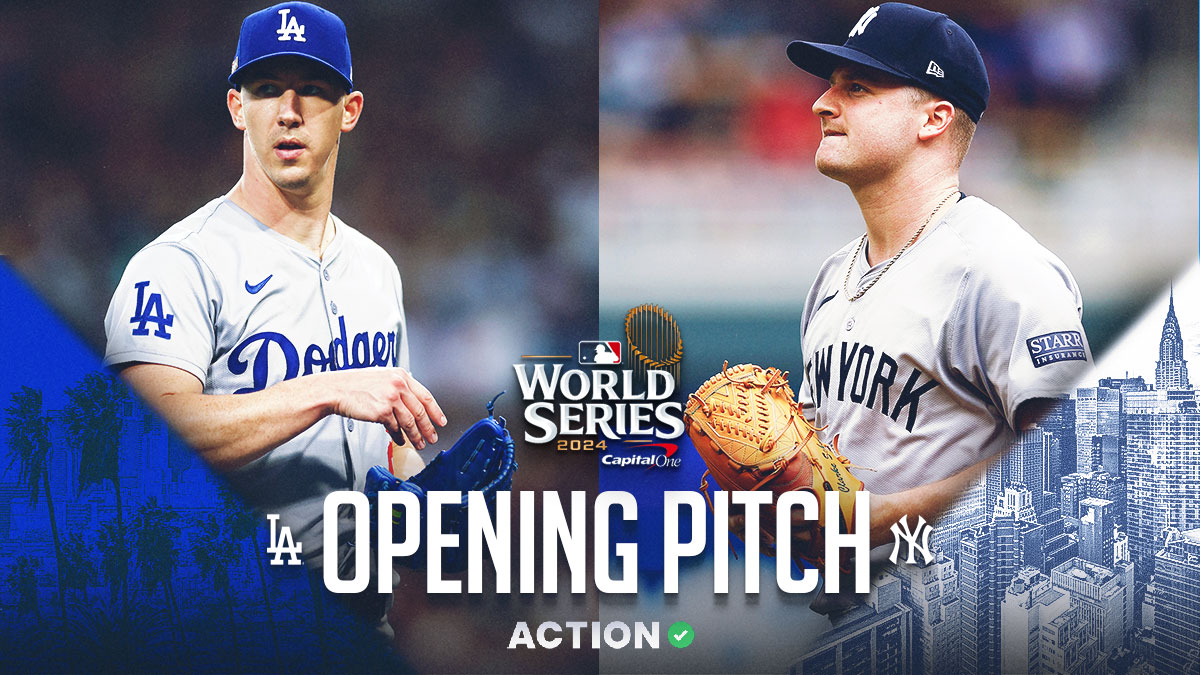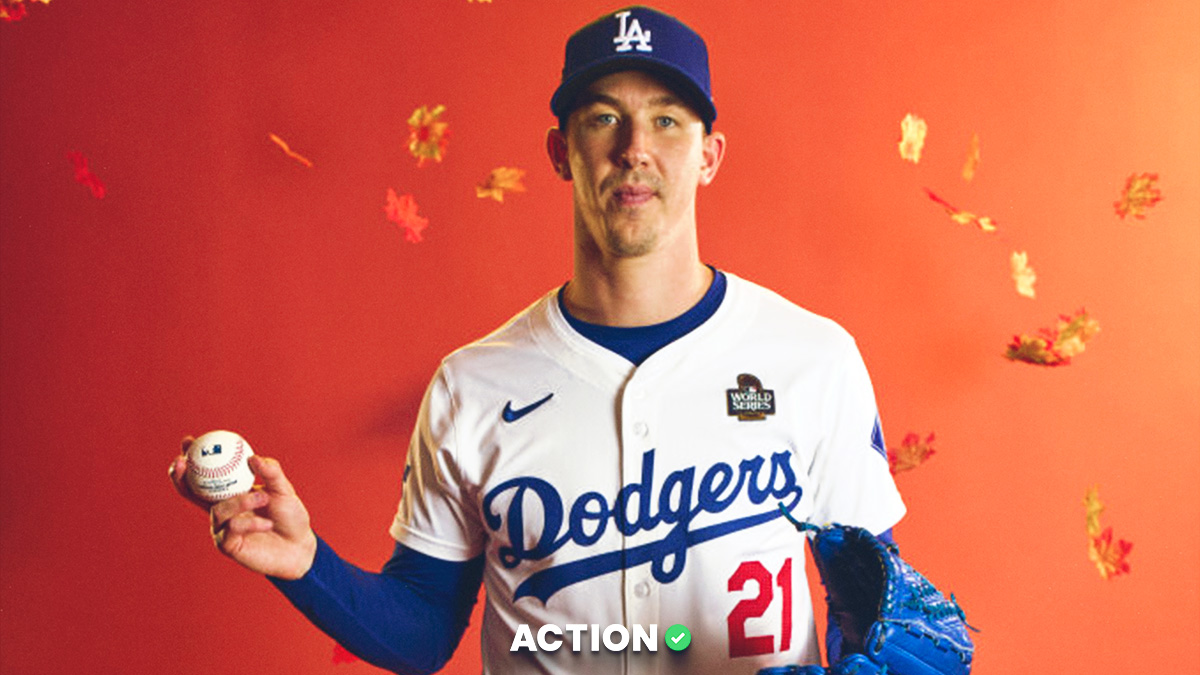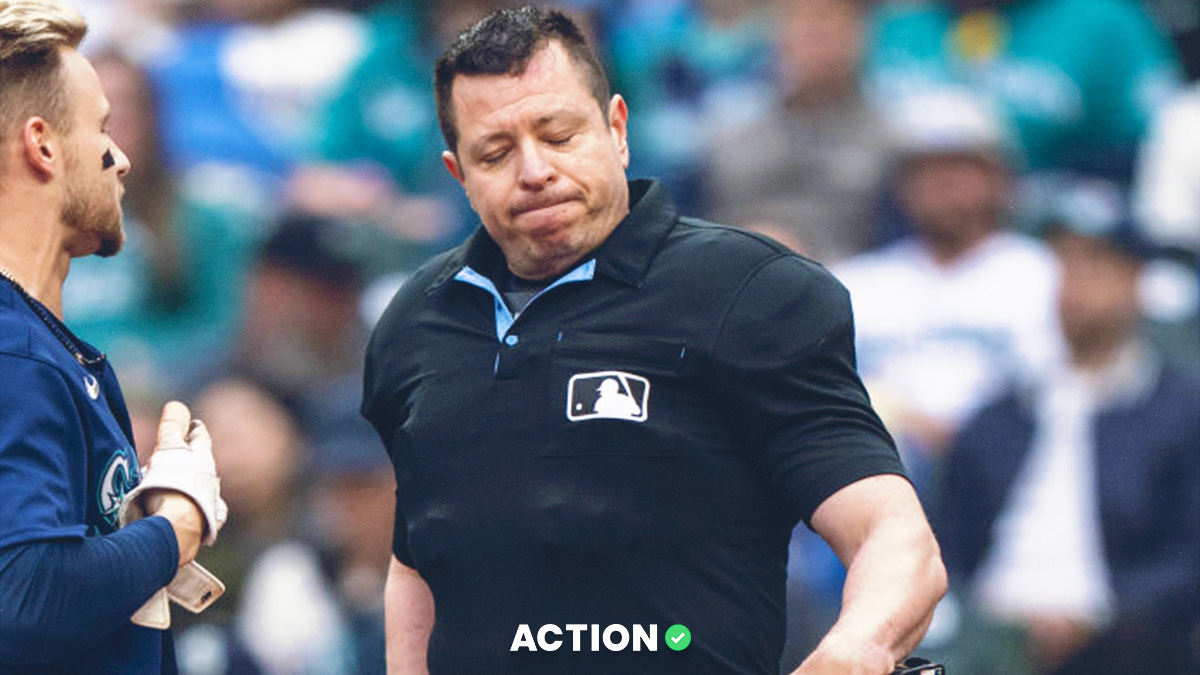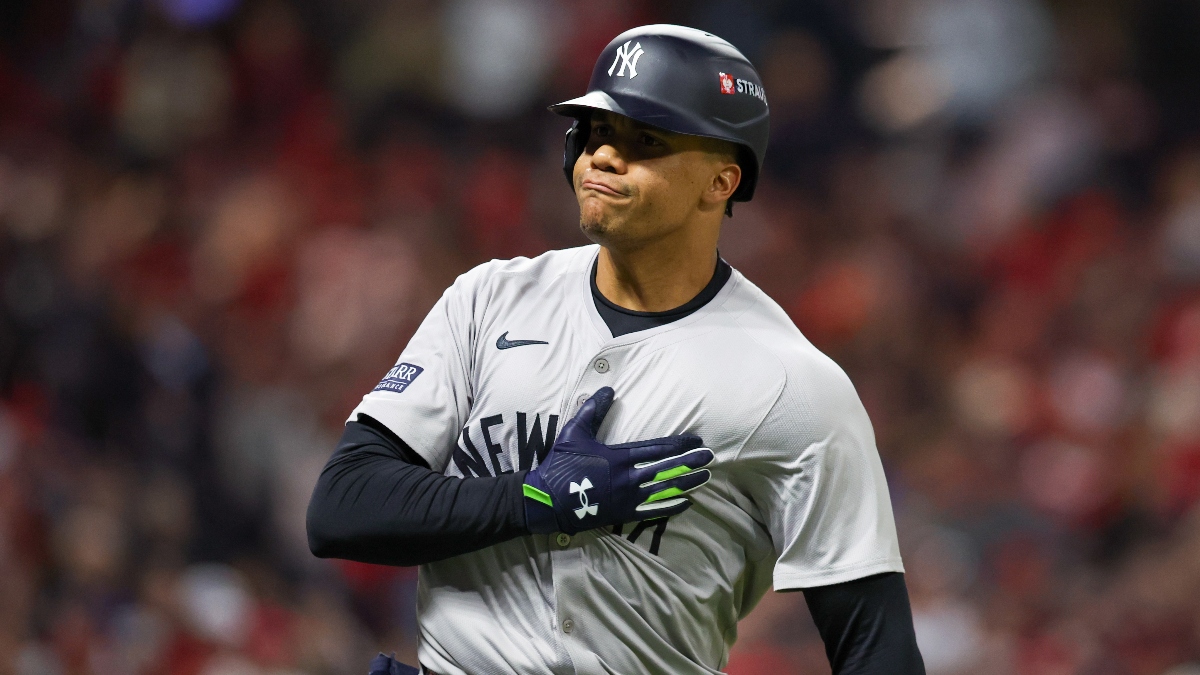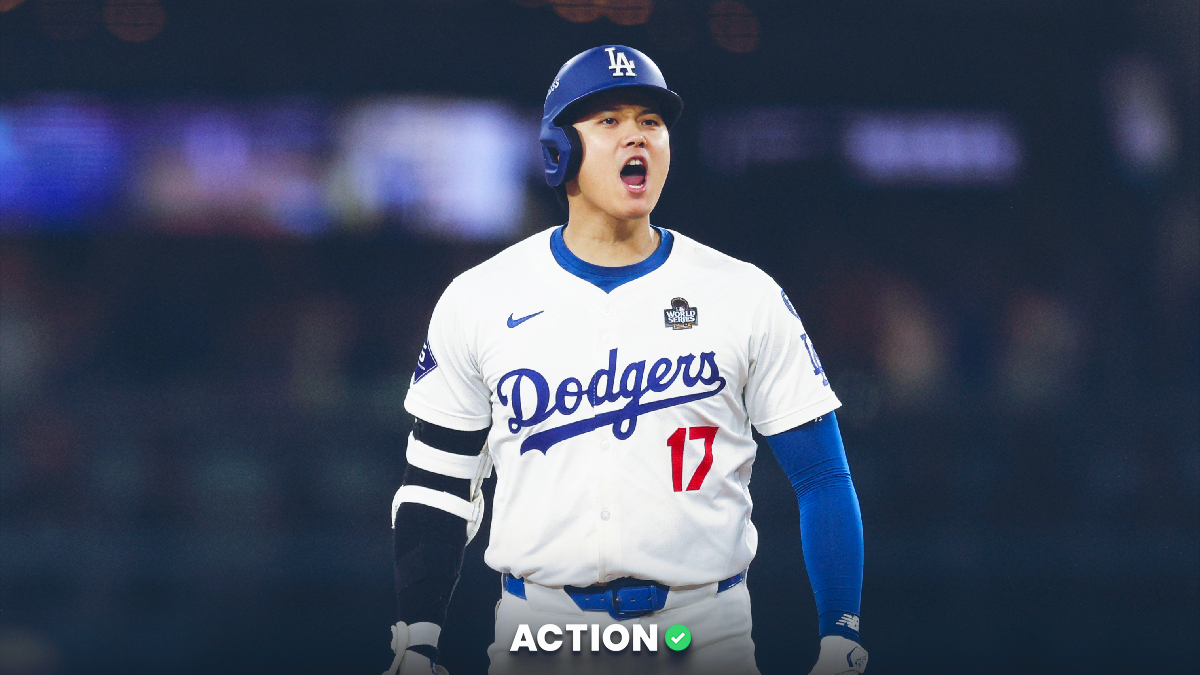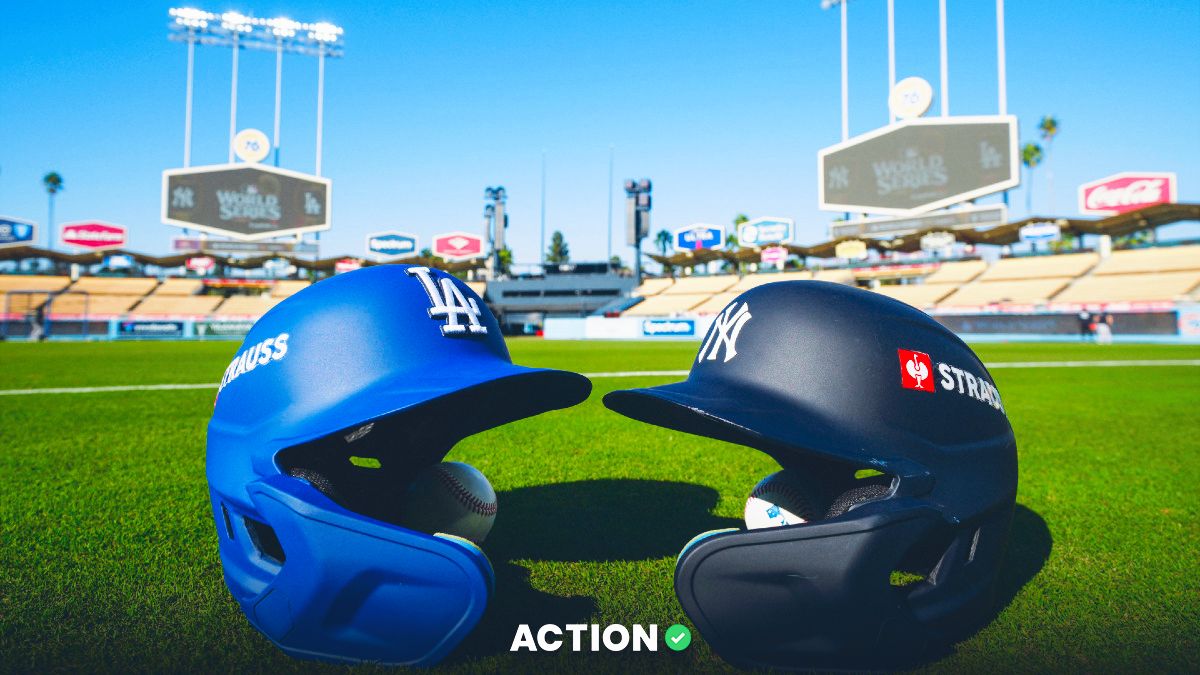As I do at the beginning of every October, I wanted to remind everyone of the historical value of MLB home-field advantage.
Of the four major professional sports, MLB home teams have the lowest win percentage — regular season or postseason. The 54% win percentage implies that the crowd, umpire bias, park familiarity, ability to bat last and other home factors swing the result in only one out of every 12 or so games.
Per Sports Reference, home teams in the NBA and NFL both won at least 5% more games in the postseason, as opposed to the NHL and MLB, which don't see any historical "bump" in the playoffs.
When diving a little more deeply into the MLB numbers, I noticed that home-field advantage is even less of a factor earlier in the postseason.
I split the postseason history into four separate time periods based on when Major League Baseball added a new round (or second wild card in 2012).
Since the American League and National League split into separate divisions in 1969, home teams have won 60% of World Series games but only 52% of Division Series contests.
Dating back to 1995, after the strike and realignment, teams with home-field advantage have won exactly 50% of League Division Series (46-46).
Since 1998, when MLB adapted the 2-2-1 format, teams with home-field advantage have actually lost more series than they have won in the LDS (37-39).
Playing at home seems to hold the most value in the World Series, as teams with home-field advantage have won 59% of Fall Classics since 1925.
Last season, the Astros pulled out a road win in the 40th "winner-take-all" game in World Series history. Home teams in World Series "winner-take-all" scenarios now own an overall losing record of 19-20 after the Cubs and Astros won the past two World Series in Game 7 on the road.
Also, three of the 10 MLB playoff teams in 2018 (Braves, Astros and Dodgers) actually had better road records this season. However, exceptions do exist for certain teams as a result of other variables such as:
- Team experience
- Ballpark dimensions
- Weather
- Sightlines
For example, the Rockies historically play much better at home in the altitude of Denver (although this year they won a franchise-best 44 games on the road). Among other reasons, it is simply much tougher for them to hit on the road, where they see much sharper breaking balls.
Having reviewed all of the above data, you would presume that home favorites in the postseason, especially in earlier rounds, are overvalued.
Using the valuable tools on BetLabs, I ran a return analysis on betting road underdogs in the MLB playoffs. Here are the results:
If you bet $100 on every road MLB underdog of +120 or better since 2006, you would have won ~$1600 (7.3% ROI) with a record of 94-122 (43.5%). However, road underdogs fitting that criteria went 3-14 last postseason.
The sample size is meaningless, but road teams have a 7-5 record in the 12 wild-card games played since 2012.
We have our first road dog of +120 or better in Tuesday's NL wild-card game. Check out our betting preview to see if there's value in the underdog Rockies.


